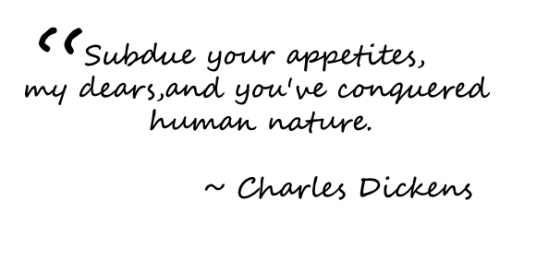Tag: emotional intelligence
Raise your emotional inteligence for a creative entrepreneurial leadership – part II
In the first part of this blog post I shared a poem of a young entrepreneur where he reveals his emotions, struggles and needs when it comes to entrepreneurship and for every wannabe entrepreneur out there, was a quiet a taste for “try walking in my shoes”.
But what about the feelings and emotions when our environment expects us to be or do something that is not our ambition, our passion? How to deal with difficult situations that arise when we cannot follow someone else’s dreams; when we need to tell our story, follow our own path?  The poem “To my Father’s business” by Kenneth Koch
The poem “To my Father’s business” by Kenneth Koch
Raise your emotional intelligence for creative entrepreneurial leadership- part I
It is very important to understand that emotional intelligence is not the opposite of intelligence, it is not the triumph of heart over head — it is the unique intersection of both.”
~ David Caruso
While doing research for my next blog post I came across very interesting article “Poetry as a way of knowing” which was actually an introduction to a podcasts at Philosopher’s corner.
In this article Laura Maguire, proposes 3 types of knowledge: having practical knowledge which is “roughly defined as knowledge that does and shall (from a normative, prudential or moral, point of view) motivate to act in a certain way” (as described in paper What is Practical Knowledge?), and mostly is reflected in skills we have to do certain things; then, there is propositional knowledge which is a form of descriptive knowledge and mostly reflected in scientific approach where we collect facts to describe and explain the world around us (where in my previous post I went in depth what are the similarities and differences between science and poetry).
But before going to elaborate the third type of knowledge, not everything is black and white when it comes to first two types. As author Laura Maguire argues:
When you study poetry. presumably you develop many skills, like learning how to interpret a poem, which involves other skills, like how to identify and understand metaphor, how to measure meter, and so on.And maybe if you read a lot of poetry you also develop another skill, namely how to write poetry. So, in that sense, it’s easy to see how poetry could be a way of knowing.
And also through series of my posts I tried to elaborate the benefits of writing and reading poetry for the sake of developing other practical skills – crucial for our self-development. But today I would like to talk more about phenomenal type of knowledge as author Laura Maguire described it and how is that beneficial for our business undertakings.
Phenomenal knowledge is mostly related to knowledge of what is like to have a particular kind of experience. Can we learn form that? In other words, when it comes to business, can we get an insight what it’s like to be an entrepreneur, being self-reliant and building good communication with customers, for example? Can it really enhance our emotional intelligence, in general?
A poem “Love My Startup More Than You” by Rizwan Virk I found on the zenentreprenur blog and goes like this:
Cindy Lu, Cindy Lu
You know that my heart is true
But my Idea is very new
And we’ll make a million dollars
If only I can prove
That the market is true!
Cindy Lu Cindy Lu
Soon I’ll be home
And put my arms around you
….
But first
I’m being shown
Design specs I must review!
The beta downloads are a jumping
But so are the bugs that need a thumping!
Please let me know
When the baby is asleep
Then I can show
You how we’ll avoid feature creep!
Towards you my sweetheart I’ll always feel
A never ending attraction
But right now what I really need to show
Is more customer traction!
Cindy Lu, Cindy Lu
Don’t look at me that way,
You’ll worry yourself blue!
Once we raise our series A
Our mortgage will be easy to pay!
And if the company gets in a bind,
My investors will help me find
Some folks that are keen
To assemble a management team
And we’ll be on our way
To making lots of green!
So please don’t think that I’m mean
When I say:
Cindy Lu, Cindy Lu
You know my heart is true,
But just right now,
I love my startup
More than you!
This poem is a sort of an ode to all young and ambitional entrepreneurs in the Sillicon Valey. Virk firmly believes that poetry is a great medium for expression of entrepreneurial ideas, ups and downs that entrepreneurship brings and how it changes life. A poem is instinct with love, confusion, desire for stability and how someone is ready to “put on hold” all of his relationships- because business is the only thing that matter.
I would say that poetry is a source of knowledge and as we can learn a lot about love, death and sorrow in poetry as emotions we can learn a lot about entrepreneurial emotions too: get that practical insight of what it means to be an entrepreneur, along with all victories and sacrifices it requires.
It can help us with our doubts, fears, uncertain decision making, but most importantly it can open new windows of creative sources that are aligned with our values – making us emotionally mature and persistent in our endeavors.

